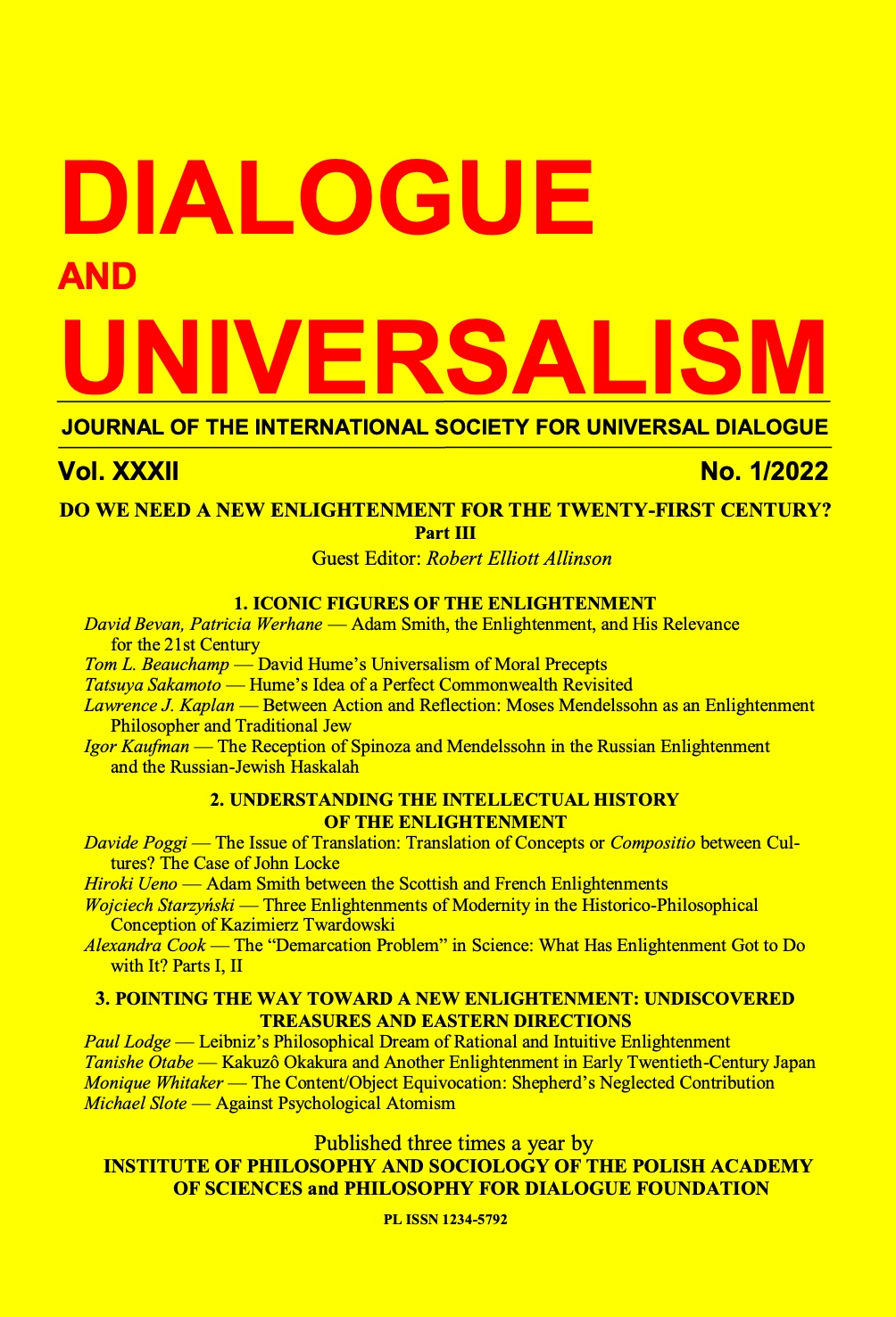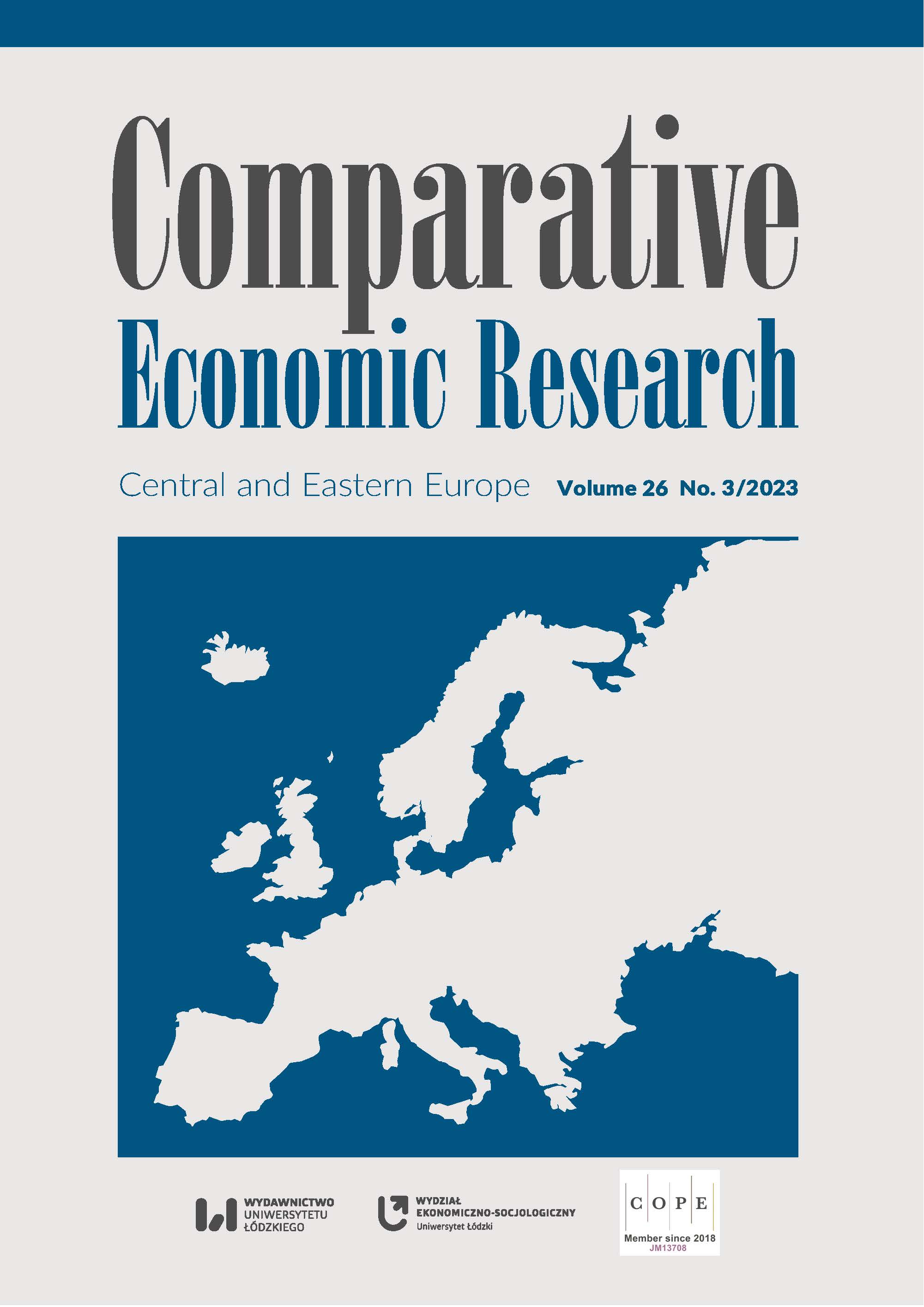
ONTOLOGY OF NATURAL LANDSCAPES AND HUMAN GLOBAL ENVIRONMENTAL CONSCIOUSNESS
ONTOLOGY OF NATURAL LANDSCAPES AND HUMAN GLOBAL ENVIRONMENTAL CONSCIOUSNESS
Keywords: primeval nature; sacred space; ecological antibiosis; global ecological consciousness; biological diversity of the world; natural resources; cultural landscapes; technogenic world
The problem raised in the article is actualized not by the artificial attachment of the topic of ecology to the existential problems of humankind, but by the urgent need to conceptualize the dangers of a growing gap between the further development of civilization and ignoring the primary nature of its existence, the analysis of modern specific dangers of wildlife, flora and fauna, catastrophic climatic phenomena, desertification, and chemical pollution of the land. The posed problem of the conceptualization of wild nature logically continues the intention of the authors to turn to the human-dimensional characteristics of the entire natural environment. At the level of socio-philosophical analysis, the meaning of a new model of relations between society and nature is revealed, and alternative concepts of nature protection to modern practices are comprehended. The importance of wildlife in its narrowed (terrestrial) space for social development on the established ideological principles of the most careful attitudes to wildlife, taking into account the reverse dangerous impact of the destructible habitat on humanity, has been proved.
More...
